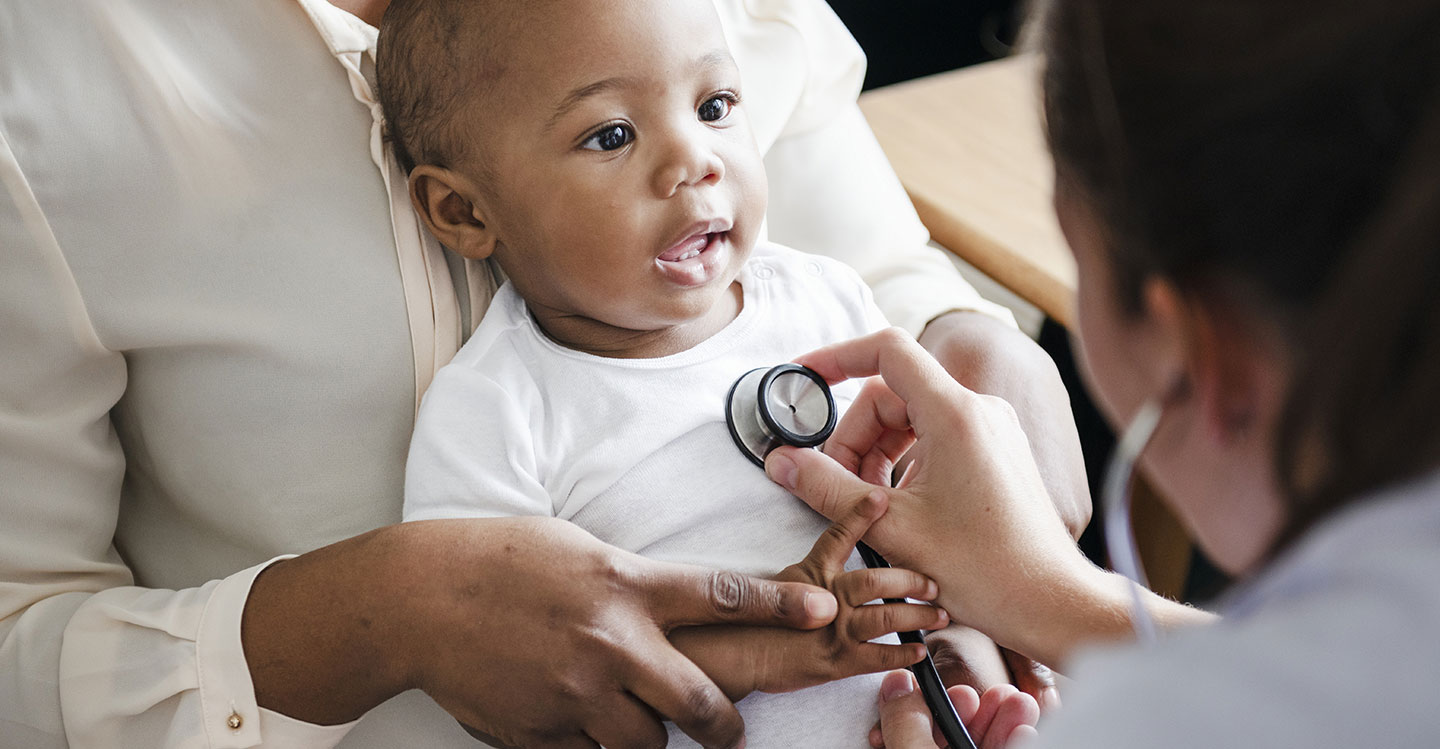The first step
A critical step in preparing your child is preparing yourself. Make sure you’ve got all the information you need and that you understand what’s involved. If you’re not sure, ask your healthcare provider to explain, and take a pen and paper to appointments to write information down. Your child will notice when you are confident, calm and prepared.
Most hospitals offer information and advice on their websites about what to bring. Check in with your child’s hospital prior to visiting to ensure that you and your family know what to expect.
Familiarity, too, can help lower stress. For major procedures or longer stays, it may be useful to visit the hospital with your child beforehand. This might be a tour of the ward or just a walk around the public areas such as the café or playground.
Playing hospitals at home
You can help prepare your child to the concept of hospitals and medicine through play at home. Perhaps their favourite soft toy has a sore leg and needs to go to hospital to get it fixed up. Your child can put bandages on their toys, give them medicine and put them to bed.
Besides play, you can try visiting the library or bookstore to find children’s books about health and medicine. For older children, it can be useful for them to talk to another child who has been to hospital and had a good experience; have a think about anyone you know who can help out.
What to tell your child and when
It’s important to provide truthful information in a way that your child will be able to understand. There’s no need for complex medical terms or fine details about procedures – keep the information general and use plain and familiar language. Encourage your child to talk about how they feel and to ask questions. If you don’t know the answer to a question, that’s fine; just tell your child that you will find out the answer.
The amount of time your child might need to prepare will depend on their age. For toddlers it may be best to talk to them shortly before the visit. Pre-school aged children should have a couple of days so they can articulate any questions they might have.
“Will it hurt?”
This can be a very difficult question for parents to answer but, again, you need to be honest. A good answer could be something like, “Some children say it hurts a bit; others think it’s not too bad.” Let your child know that there are lots of ways that pain and discomfort can be reduced, like medicines, concentrating on breathing, or taking their mind off the procedure by doing or looking at something else.
Distraction techniques
Age-appropriate distraction techniques can include rattles or musical toys for infants, and favourite toys, books, games, music or videos for toddlers or older children. Relaxation and breathing techniques can also be useful for older children who can practice these in advance of the appointment.
After the appointment
After your visit to the doctor, ask your child how they feel. Point out that often expectations are worse than the real thing; this can be an important lesson for them to learn while they’re young. Where possible, reinforce the positivity of the experience by rewarding your child for getting through the appointment.
It’s important to monitor your toddler or child after they have experienced something new or stressful. If you notice any changes in their behaviour, such as bed-wetting, difficulty sleeping or an apparent regression in development, speak to your GP.
Sources
https://www.betterhealth.vic.gov.au/health/ServicesAndSupport/preparing-a-child-for-hospital
https://www.rch.org.au/kidsinfo/fact_sheets/Reducing_your_childs_discomfort_during_procedures/
https://www.kidshealth.org.nz/preparing-your-child-hospital
https://kidshealth.org/en/parents/hosp-surgery.html
https://raisingchildren.net.au/babies/health-daily-care/health-care/hospital-planning-ahead



